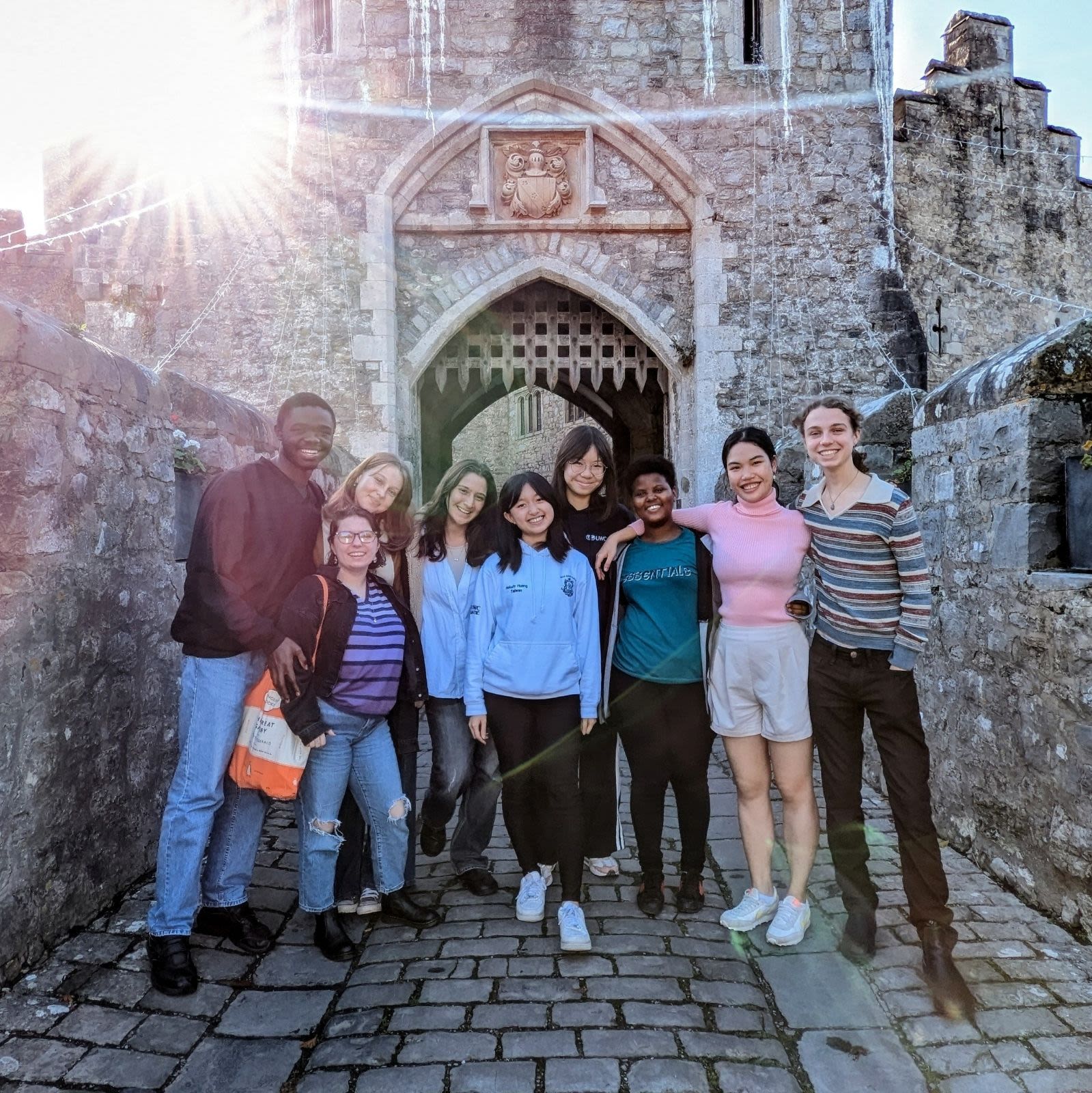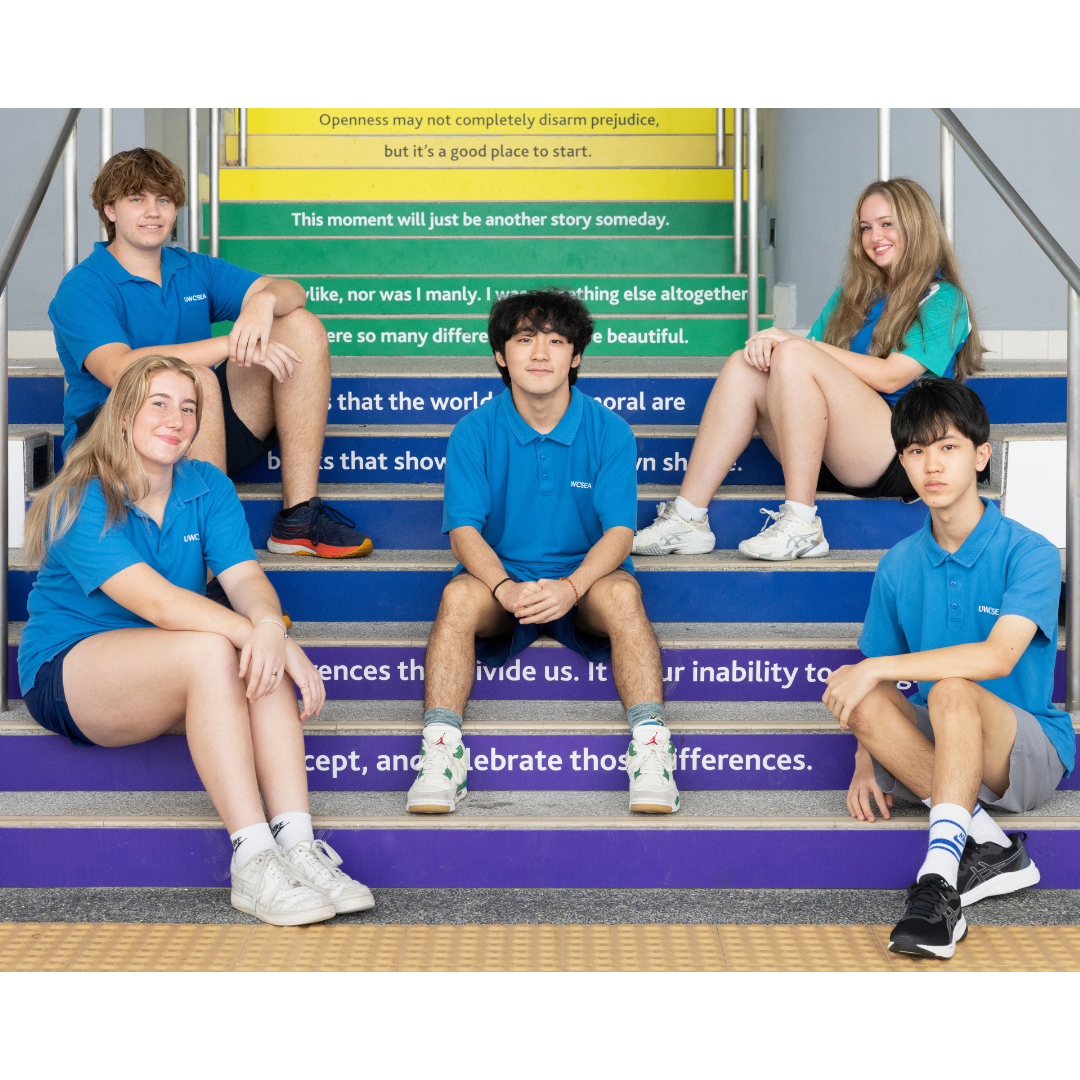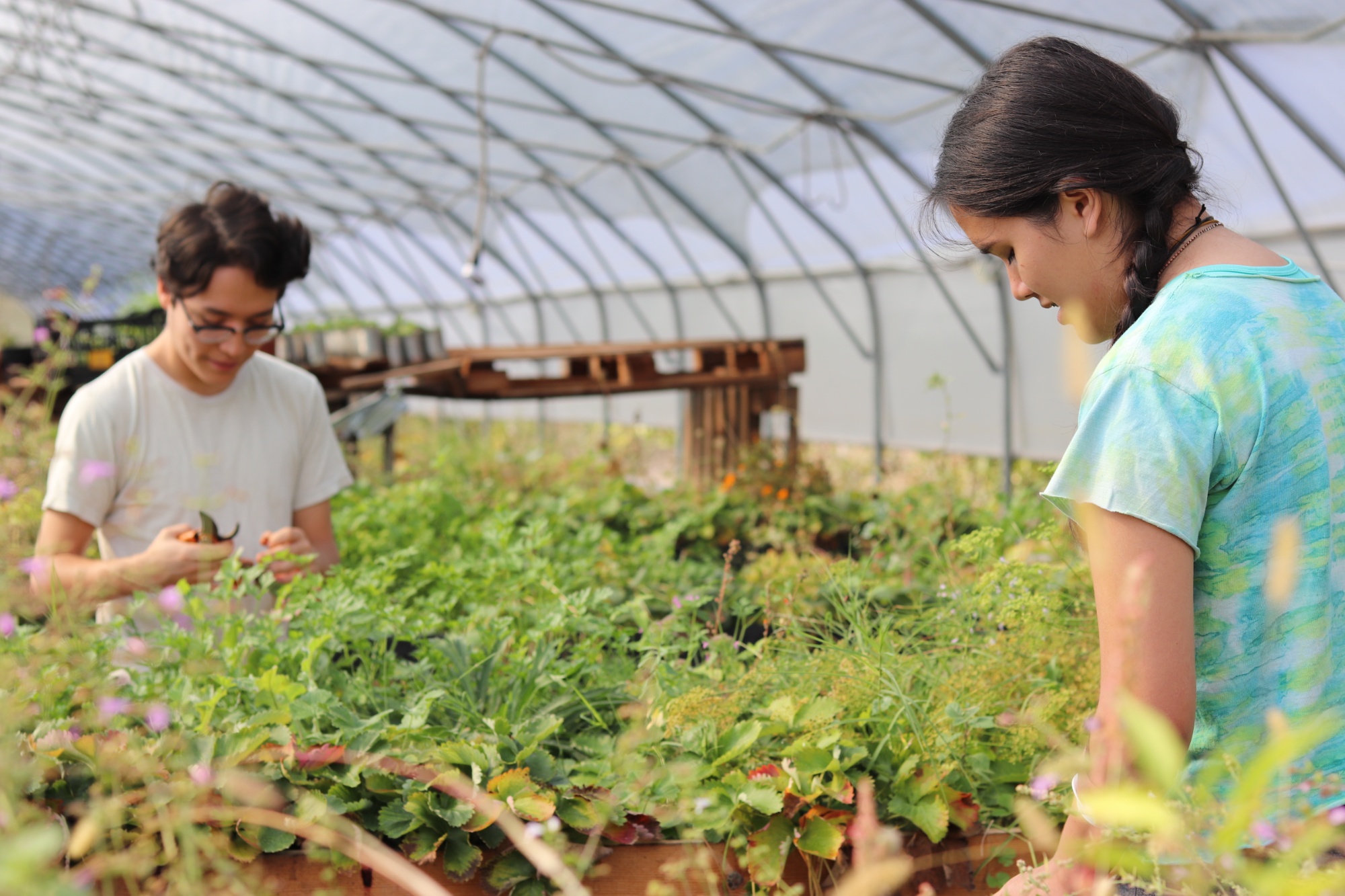Educational Innovation
Since the founding of its first school in 1962, UWC has become known for its innovative model of education. Developed at the height of the Cold War, UWC’s education philosophy brings young people together from intentionally diverse backgrounds to live and study, so that they may develop the knowledge and skills needed to make a positive difference in the world. We played a key role in crafting the International Baccalaureate Diploma Programme (IBDP), and continue to work closely with the International Baccalaureate (IB) to develop bespoke educational pathways. With a unique focus on peace and sustainability, our curricula help enable young people to meet the pressing environmental and social challenges of our time. This is reflected in different ways across our 18 schools worldwide.
International Baccalaureate Career-related Programme
Students at two UWC schools currently have the option to study for the International Bacclaureate Career-related Programme (IBCP), with students at Pearson College UWC able to take a Climate Action Leadership Diploma (CALD), and students at UWC Maastricht given the opportunity to study specific tracts in music or sustainable business.
International Baccalaureate programme review
Working in close partnership with the IB, two UWC schools are also part of the IB's wide-ranging review of the IBDP and Careers Programme, concluding in 2030. Taking the place of two Standard-Level courses, these IB pilot programmes unlock greater flexibility for students in their subject choices, and have been conceived to explore new assessment models and experiential learning within the IBDP.

In September 2023, UWC Atlantic launched the Systems Transformation Pathway: Leadership For Just Futures. This course equips students with the skills, attitude and abilities they need to tackle complex and interdependent systemic challenges. This bespoke curriculum shines a spotlight on Transformative Change, Systems Leadership and Just Futures across the core IBDP curriculum. Students then apply the knowledge they’ve gained, immersing themselves in the impact areas that mean the most to them personally, whether that be Biodiversity, Energy, Food or Migration. Instead of a traditional IB assessment, students will be tasked with real-life projects and assessed on the process of their learning.

In August 2024, UWC South East Asia welcomed their first cohort of students to the Systems Transformation: Leadership for Change course, which offers students the immersive experience of Project-Based Learning, focused on five transferable, transdisciplinary strands: Systems Thinking; Design Thinking; Project Management; Leadership for Positive Change; and Changemaker Mindset. UWC South East Asia has taken the opportunity to strengthen and expand its partnerships within the Singapore community, with leading voices in sustainability, peacebuilding and intercultural understanding keen to work with students as mentors and project partners.
Do you believe in the power of education to meet today’s global challenges? UWC is currently raising funds for UWC Education for Climate Action - help support us by donating today.
2025
- January (0)
- February (0)
- March (0)
- April (0)
- May (0)
- June (0)
- July (0)
- August (0)
- September (0)
- October (0)
- November (0)
- December (0)
2024
- January (0)
- February (0)
- March (0)
- April (0)
- May (0)
- June (0)
- July (0)
- August (0)
- September (0)
- October (0)
- November (0)
- December (0)
2023
- January (0)
- February (0)
- March (0)
- April (0)
- May (0)
- June (0)
- July (0)
- August (0)
- September (0)
- October (0)
- November (0)
- December (0)
2022
- January (0)
- February (0)
- March (0)
- April (0)
- May (0)
- June (0)
- July (0)
- August (0)
- September (0)
- October (0)
- November (0)
- December (0)
2021
- January (0)
- February (0)
- March (0)
- April (0)
- May (0)
- June (0)
- July (0)
- August (0)
- September (0)
- October (0)
- November (0)
- December (0)

